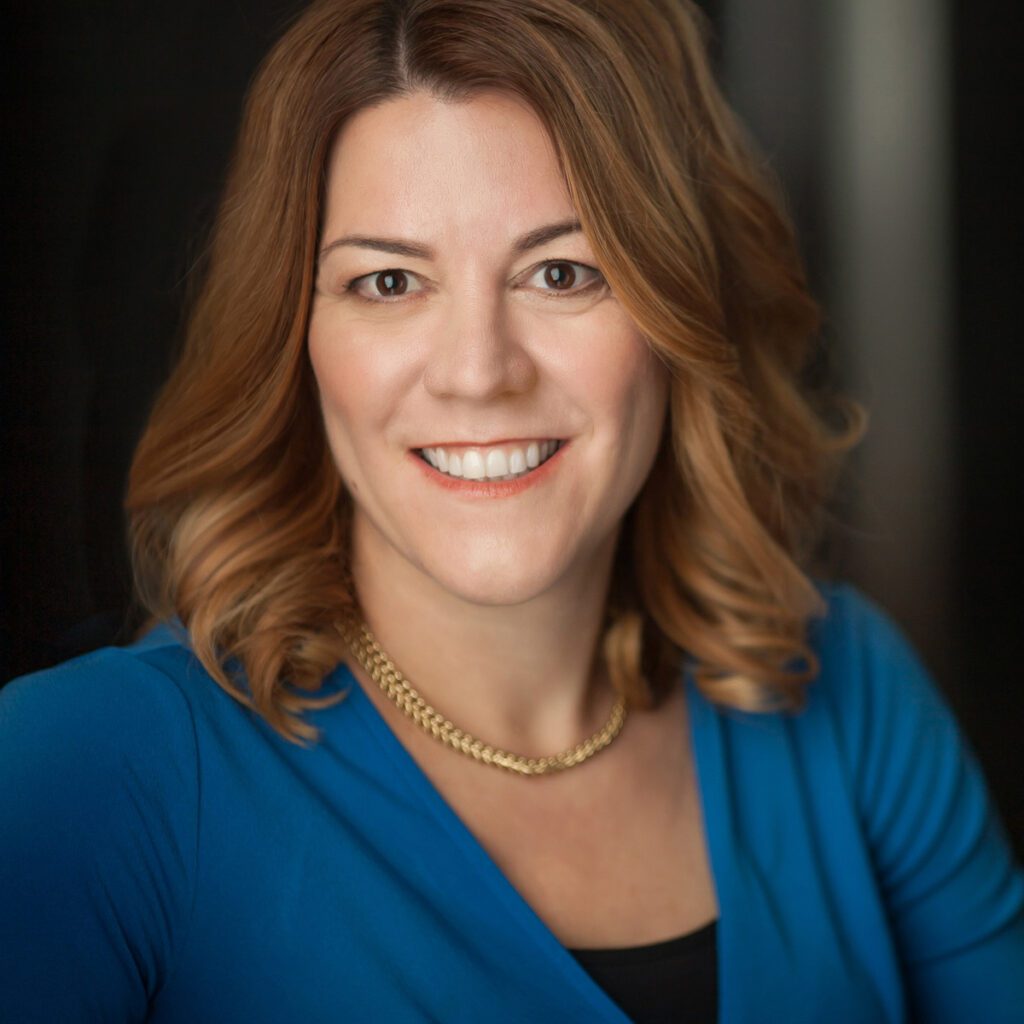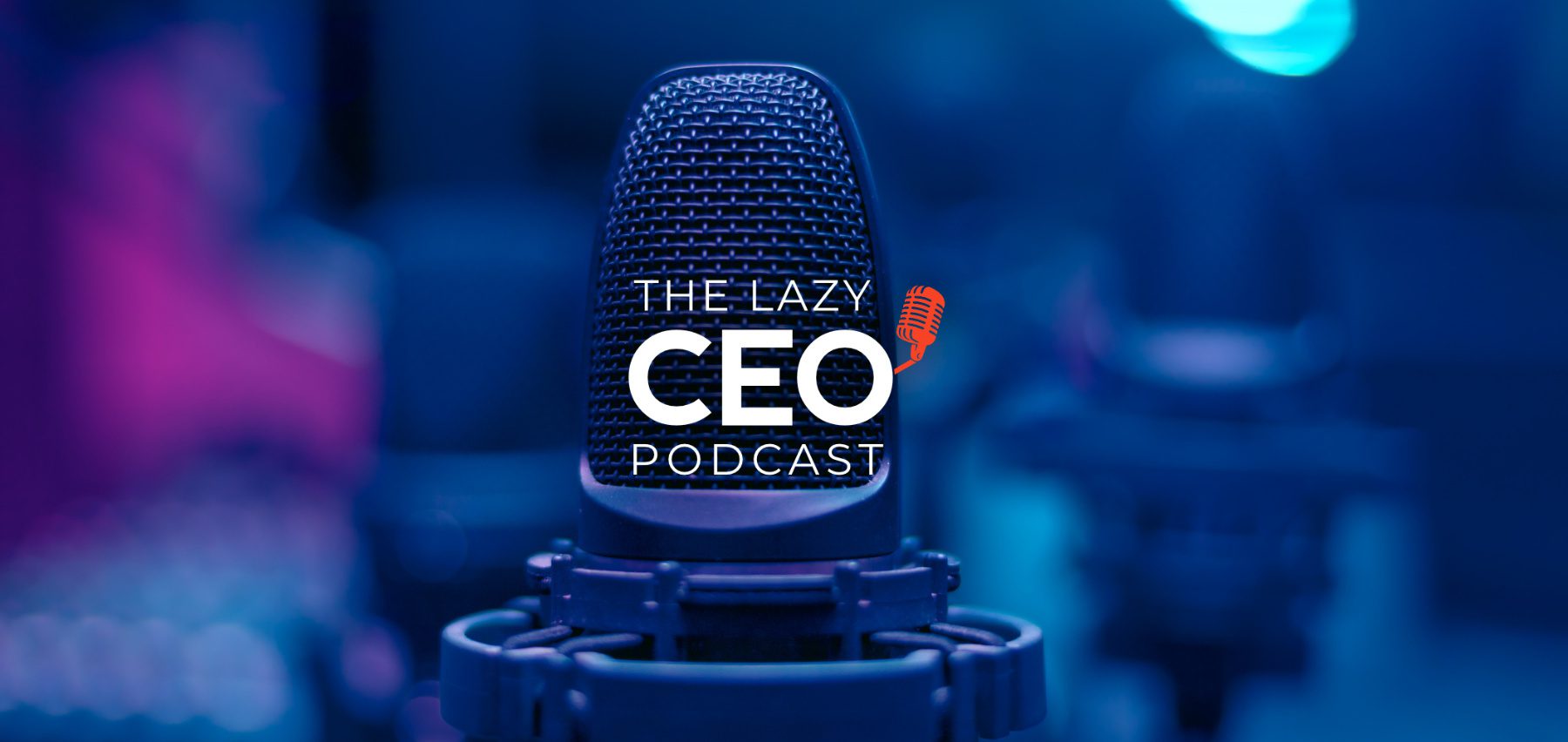In this Episode of Workplace Conflict & Innovation
- Karin Hurt, CEO of Let’s Grow Leaders, shares critical incites about both conflict and innovation in the workplace.
- How to create a culture of innovation.
- Definition of micro innovators, customer advocates, and problem solvers.
- The 4 C’s for managing conflict in today’s work environment.
Here is a glimpse of Conflict & Innovation in the Workplace
In this episode of The Lazy CEO Podcast, Jim Schleckser, host and CEO of The CEO Project, interviews Karin Hurt, CEO of Let’s Grow Leaders about innovation and conflict in the workplace.
Jim Schleckser:
Welcome Karin, share with us a little bit about your work with Verizon as well as what you do now with Let’s Grow Leaders.
Karin Hurt:
I learned so many things from Verizon and, in Courageous Cultures, we talk about having the need for clarity, real clarity in your culture, clarity about where you’re headed, clarity around setting clear expectations all the way through, and curiosity showing up and being curious and innovative. I would say at Verizon, I learned all about the clarity thing. I learned a lot through the experimentation of leading large teams in times of uncertainty. I led a 2200-person sales team at the moment that AT&T gets exclusive rights to the iPhone, and I got this sales team that has nothing to sell.
How do you keep people motivated during a time like that? How do you get results? How do you pivot and look for bright starts and bring a large team along with you? I also learned about what not to do. You can learn as much about leadership from following a bad boss as a good boss. And although I had a number of great bosses, I also had some doozies. I really paid a lot of attention to what is the impact that negative toxic leadership is having. What is the impact on results? What is the impact on relationships? What is the impact on growing future leaders? Overall fantastic experience learned so much from so many mentors and I also learned a little bit about what not to do too.
Jim Schleckser:
You talk about innovation coming from what I would consider a very high rule-density environment. Talk us through your model on innovation.
Karin Hurt:
You need to start where you aren’t if you’re looking for innovation. You can have high clarity, what you’re calling rule dense environment. And when you have that, it’s more difficult for people to innovate. But if you’ve got people, everyone is innovating and they don’t know what they’re innovating towards, then you will lack the right kind of innovation. You may have a lot of ideas, but you may not have the kind of ideas that you can use. And so we talk about, you need to be very clear about two things, 1) that you really want innovation, that you want people’s ideas and 2) you are clear about where you’re headed strategically so that people can get it. And then you need to show up curious. And after you’ve had that clarity, then that’s when you’re teaching people how to think critically, position their ideas, look around corners, and all of those innovative things. And if you have one without the other, you’re going to have a challenge. We take people through a process where you begin with clarity, and then we teach them how to, “own the ugly”, look at things differently from different perspectives, show their ideas, and give away to pitch your ideas in very, very practical ways.
Jim Schleckser:
One of the things you talk about is the roles that people fulfill in this ecosystem – micro innovators, problem solvers, and customer advocates. Help me understand how those three roles work together.
Karin Hurt:
Micro innovators, one of the things that we talk about is there are a lot of great strategies but how do you create something that’s going to completely change the game? And that’s innovation with a capital I. Where we really focus is how do you get micro innovations, people coming to work every single day saying, how can we do this step differently? Do we really need this meeting? Is there an alternative way to get there? In our research, 67% said their manager operates around the notion of this is the way we’ve always done it. That’s not encouraging micro innovation versus the leader who comes and asks a courageous question and said, what is one way we could change this process to be more impactful for our clients?
Then when we talk about customer advocates, that’s really empowering the people at the front. How do I advocate for the customer and their needs? And how can I innovate on behalf of the customer? Our favorite definition of culture is from Seth Godin. People like us do things like this. You’re helping to amplify the voice of your customer.
Problem solvers, that’s equipping people with practical tools and techniques to solve problems. And there’s just not a lot of training out there for problem-solving. We’ll find that when we’re doing discovery for our leadership development programs. And there’s a huge appetite for that.
Jim Schleckser:
Interesting. You know there’s another whole camp in this sort of innovation space. They call them weak signals. It’s funny how you identified, customer advocates and problem solvers. Those would be the kind of people that would pick up weak signals – little things that aren’t quite right. And, then they talk about catalyzing. There’s a guy named Mintzberg who talks about catalyzing them into something bigger because that little weak signal if we blow on the spark, we can turn into a fire.
Karin Hurt:
It’s interesting because we are neck deep in our next research for our book – World Workplace Conflict and Collaboration Survey. And one of the things that we are finding is there is an exact bell curve of people who are saying, Hey, you know what? There is less conflict than we had before. And some say, on the other extreme, there is way more conflict than we’ve had before. And as we peel underneath, this has so much to do with innovation because the people who are saying there’s less conflict, are not talking to people very much, they are working from home in their own bubbles. And if you have that happening, there may be less conflict negative, but you are not also having the good kind of conflict where, hey, I have an idea and you have an idea and let’s really talk about what’s going to be best for our customer in this scenario. And, and having those constructive conversations.
In our research so far, what’s coming as the impact of conflict? 64% are saying more stress, and 34% are saying more turnover. And 31% are saying less productivity. So that’s the bad kind of conflict, right? If you have conflicts, that’s creating that level of stress. And that’s what people, a lot of people think of when they think of conflict, right? What they’re talking about there is primarily interpersonal conflict, right? And when we ask people why- I left my toxic environment. So, they just ran away from the conflict. The reason we think this work is so important is particularly now, in an uncertain environment where everything is so turbulent and rapidly changing, you have to have all that innovation. And you are not going to do that if you are running away from important conversations. So, we talk about four areas starting with connection.
For more of Jim and Karin’s conversation and to learn the 4 C’s of conflict management, listen to the full episode of The Lazy CEO Podcast.
Resources mentioned in this episode:
- Karin Hurt on Linkedin
- www.letsgrowleaders.com
- 12 Powerful Phrases to Help You Navigate Workplace Conflict
- World Workplace Conflict and Collaboration Survey
- Jim Schleckser on LinkedIn
- The CEO Project
- Great Ceos Are Lazy: How Exceptional Ceos Do More in Less Time by Jim Schleckser
Thank You to Our Guest

Karin Hurt helps human-centered leaders resolve workplace ambiguity so that they can drive innovation, productivity, and revenue without burning out employees.
After two decades as a Verizon executive, Karin, and her husband David, founded Let’s Grow Leaders, a training firm focused on human-centered leadership development for those determined to get breakthrough results without losing their humanity. Leaders, they found, were hungry for practical tools and leadership development that sticks.
Since the inception of Let’s Grow Leaders (in 2013), Karin and David have helped grow over 10,000 leaders in 14 countries and are active in their philanthropic initiative, Winning Wells, building clean water wells for the people of Cambodia.
Recently named by Inc magazine as a Top 100 Great Leadership Speaker, Karin is the award-winning author of four books including Courageous Cultures: How to Build Teams of Micro-Innovators, Problem Solvers and Customer Advocates and Winning Well- A Manager’s Guide to Getting Results—Without Losing Your Soul and hosts the popular LinkedIn show- Asking for a Friend.
Sponsor for this episode…
This episode is brought to you by The CEO Project. The CEO Project is a business advisory group that brings high-caliber, accomplished CEOs together. Our team of skilled advisors is comprised of current and former CEOs who have run both public and private sector companies across multiple industries. With our experience and expertise, we guide hundreds of high-performing CEOs through a disciplined approach that resolves constraints and improves critical decisions. The CEO Project has helped high-performing, large enterprise CEOs with annual revenues ranging from $20M to over $2 billion to drive growth and achieve optimal outcomes. If you are an experienced CEO looking to grow your company, visit www.theCEOProject.com.









